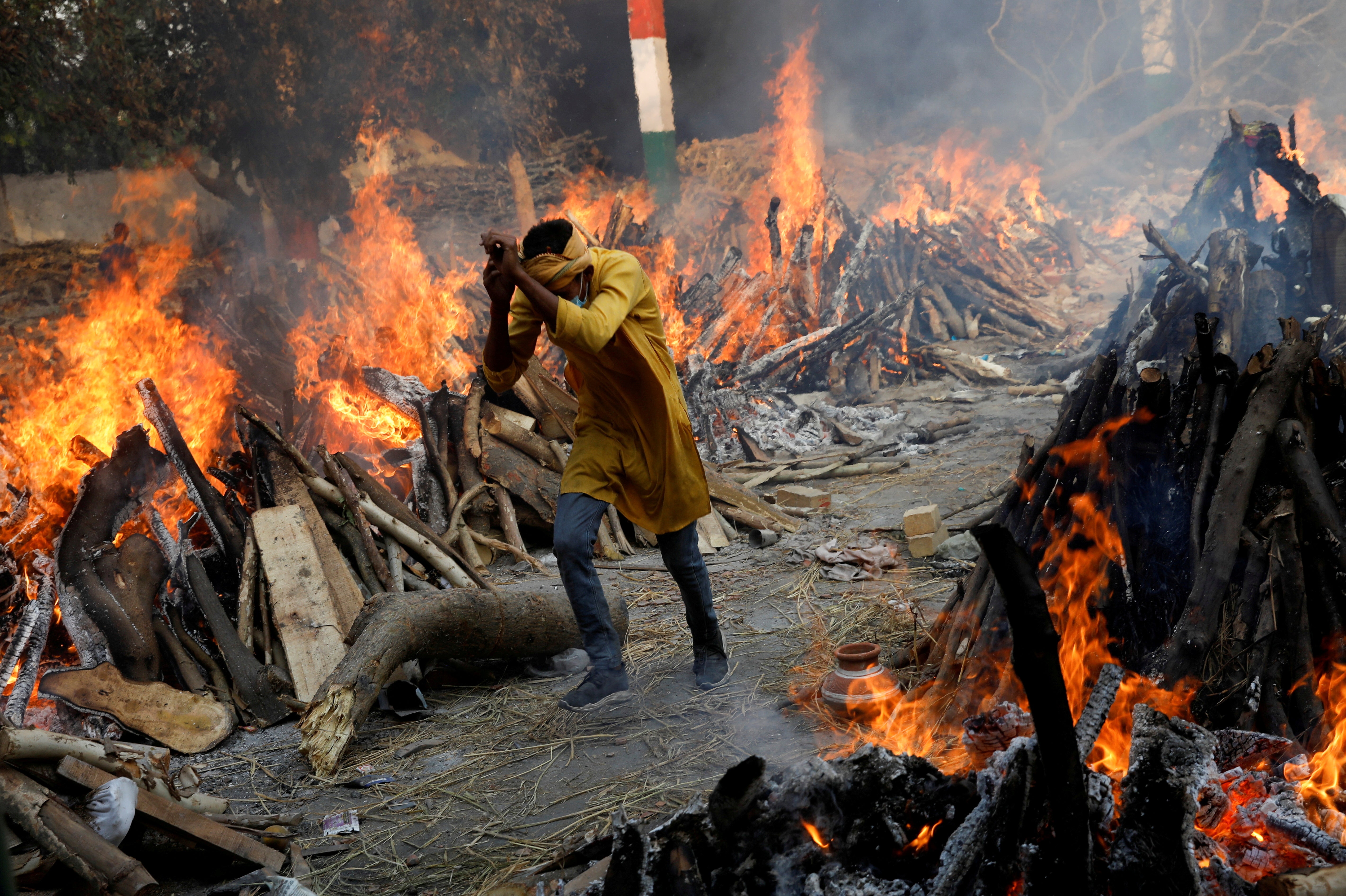Covid pandemic could have been prevented had world acted quicker, says independent report
It is ‘critical to have an empowered WHO’, says panel co-chair

Your support helps us to tell the story
From reproductive rights to climate change to Big Tech, The Independent is on the ground when the story is developing. Whether it's investigating the financials of Elon Musk's pro-Trump PAC or producing our latest documentary, 'The A Word', which shines a light on the American women fighting for reproductive rights, we know how important it is to parse out the facts from the messaging.
At such a critical moment in US history, we need reporters on the ground. Your donation allows us to keep sending journalists to speak to both sides of the story.
The Independent is trusted by Americans across the entire political spectrum. And unlike many other quality news outlets, we choose not to lock Americans out of our reporting and analysis with paywalls. We believe quality journalism should be available to everyone, paid for by those who can afford it.
Your support makes all the difference.The coronavirus crisis “could have been prevented” if countries had not responded to outbreaks so sluggishly, a group of independent experts has said.
The panel, which the World Health Organisation (WHO) tasked with assessing its response to Covid-19, found fault with nations for not attempting to contain the virus quickly enough.
In a report released on Wednesday, the experts therefore recommended that the UN health agency be given more powers.
These include “guaranteed rights of access” to investigate concerning outbreaks, and the ability to publish data without a member state’s approval.
Former Liberian president Ellen Johnson Sirleaf, who co-led the panel, said: “The situation we find ourselves in today could have been prevented.
“It is due to a myriad of failures, gaps and delays in preparedness and response.”
Her co-chair, former New Zealand prime minister Helen Clark, added that it was “critical to have an empowered WHO” to prevent a future pandemic.
The report, titled Covid-19: Make it the Last Pandemic, said that the WHO should have declared an international health emergency after its first emergency committee meeting on 22 January, rather than on 30 January.
But the panel noted that it was countries’ failure to grasp the significance of the WHO’s “loudest possible alarm” that had more serious repercussions, describing February as “a lost month” when steps should have been taken to avoid a pandemic.
The panel also thanked the WHO leadership and staff for their “unstinting” efforts over the past year.
However, critics noted that some of the WHO’s failings were overlooked. David Tomlinson, a British doctor, suggested that the health agency had “failed on the most fundamental aspect” of its leadership by failing to acknowledge airborne transmission.
The WHO also did not recommend the use of face masks as a precautionary measure until June, three months into the pandemic.
Responding to the report, Lawrence Gostin, of Georgetown University, said it did not address the WHO’s failure “to call out bad actors like China, perpetuating the dysfunctional WHO tradition of diplomacy over frankness, transparency and accountability”.
Additional reporting by agencies
Join our commenting forum
Join thought-provoking conversations, follow other Independent readers and see their replies
Comments